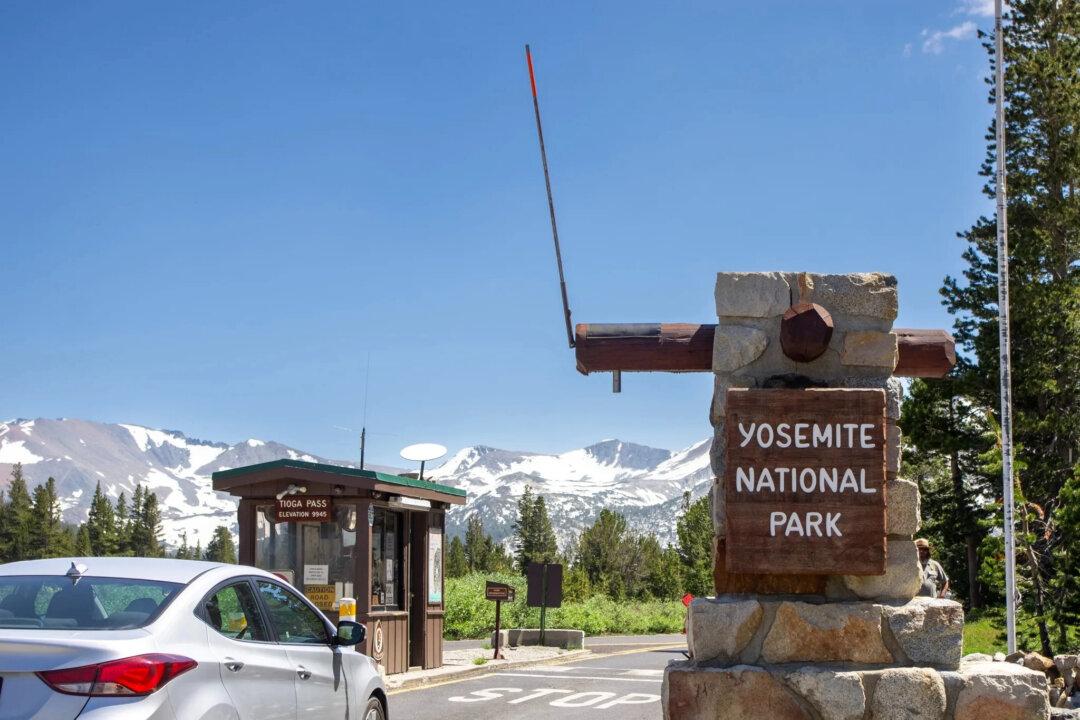By Paul Rogers
From The Mercury News
SAN JOSE, Calif.—Tioga Road, the famed route through Yosemite National Park’s scenic high country and the highest-elevation road in California’s state highway system, has re-opened to vehicles.

SAN JOSE, Calif.—Tioga Road, the famed route through Yosemite National Park’s scenic high country and the highest-elevation road in California’s state highway system, has re-opened to vehicles.